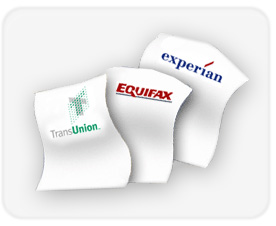 |
After World War I, however, the industry really began to take shape. The population became more mobile, and several advances in technology and electronic data helped the progress. With a mobile population came a broader base of merchants, and the credit industry stepped in to provide information on consumers that could be used to determine whether or not to grant credit. Information provided by the early industry included employment records, information from landlords, data in public records, and sometime direct investigations of individuals. |
CONSUMER CREDIT BUREAUS TODAY In 1906, several of these bureaus formed the Associated Credit Bureaus, Inc. This organization provides services like fraud prevention, risk management, check verification and collections to the credit bureaus. The Associated Credit Bureaus, Inc. represents the credit bureaus before the Federal Trade Commission and state and federal legislators, protecting their interests.
Although it may seem a bit Orwellian, the bureaus are actually pretty important. Recent estimates indicate that there are somewhere around one billion credit cards in use in the U.S., and an average of two billion pieces of data entered monthly, in order for any lender, merchant or business to make a reasonable decision about your credit-worthiness, someone has to manage that data. In fact, each of the three major credit bureaus – Equifax, Experian and TransUnion – manage approximately 190 million credit files. It's a pretty big job, and they're pretty serious about it. However, as with any job of that scope, mistakes are bound to happen. |

